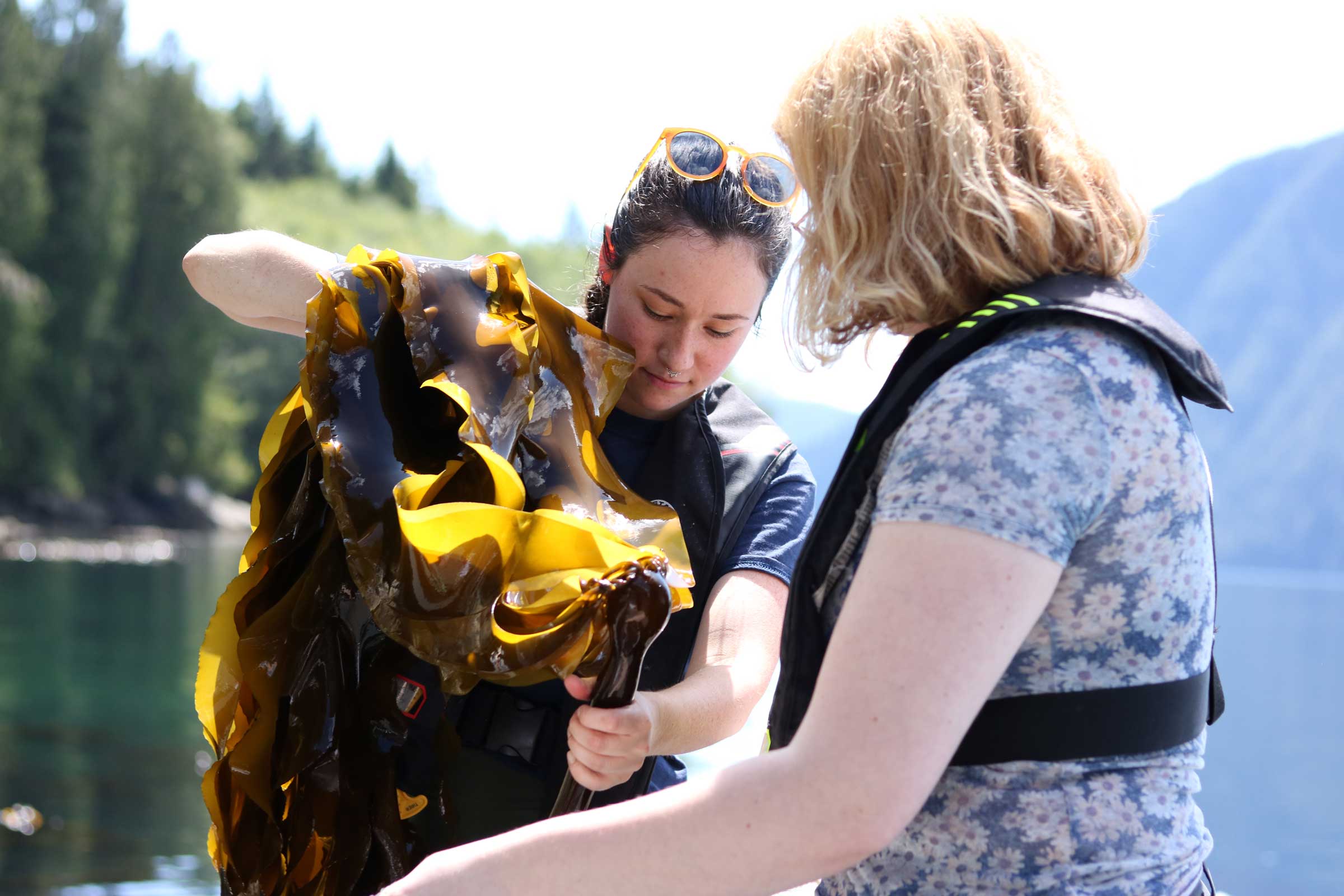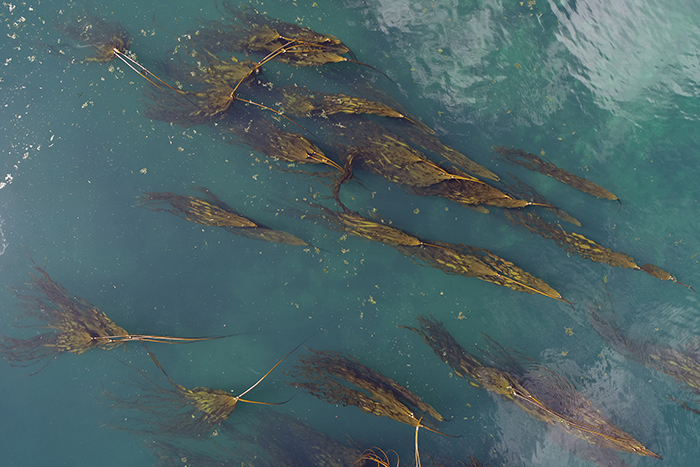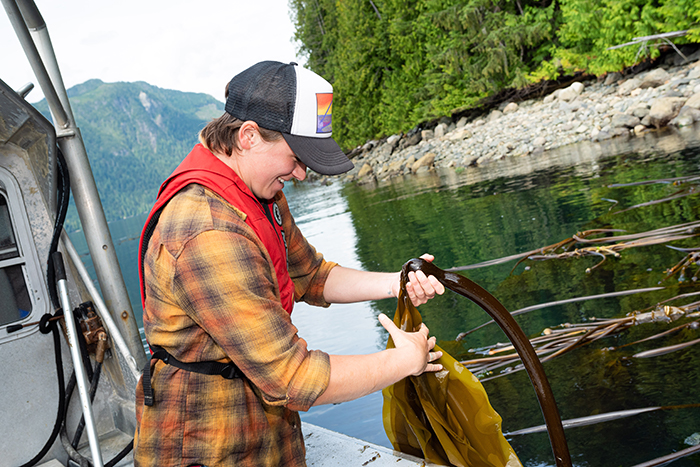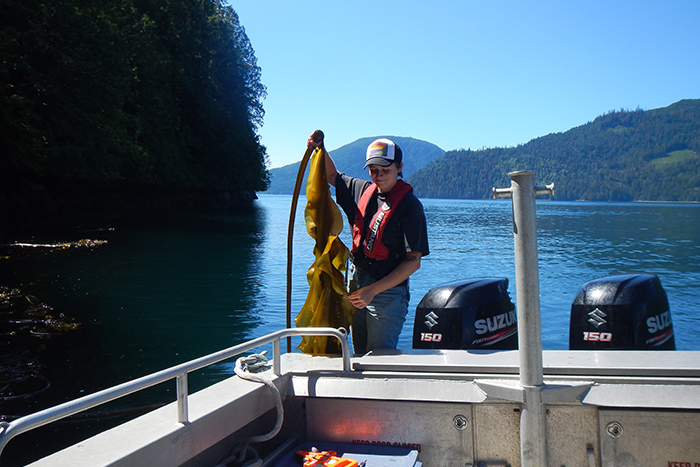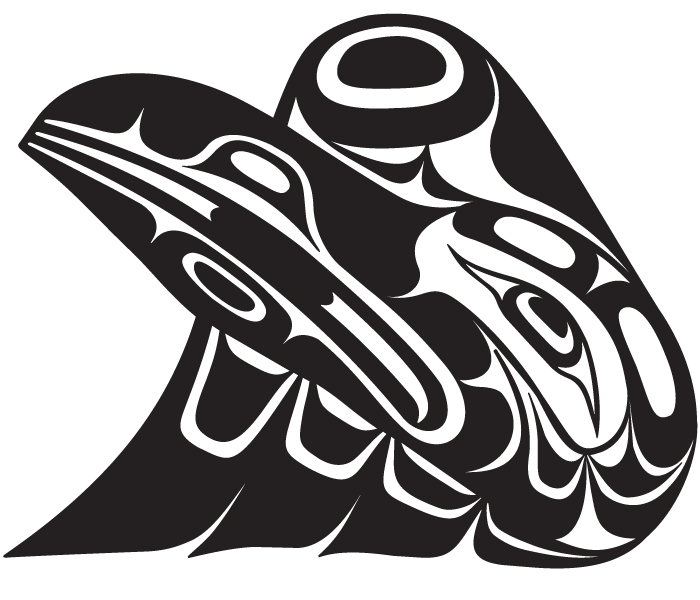NIC has partnered with Kwiakah First Nation to conduct kelp research in KFN’s traditional territory. The goals of the collaboration are two-fold: to create a detailed map and measurements of the wild kelp beds and to research the role of kelp in carbon sequestration from the ocean.
Project Dates: March 2020 – November 2023
Funding Amount: $80,000
Students Hired: 1
Project Summary
Kwiakah First Nation is the second smallest First Nation in BC with 23 registered members. The core of their traditional territory includes the Phillips and Frederick Arm region, about an hour’s boat ride north from downtown Campbell River. Bull kelp (Nereocystis luetkeana) contours much of the steep, rocky shoreline throughout the territory. Frank Voelker, who leads Band Management and Economic Development for the Kwiakah First Nation, approached NIC with concerns about the status of wild kelp beds in the territory and the impact of commercial harvest of wild ocean plants. The Kwiakah also have a strong interest in the ecosystem services that kelp provides.
In August 2020, NIC researchers and SuavAir, a Campbell River-based aerial imaging company, conducted wild kelp bed surveys in KFN traditional territory. NIC researchers used the data to estimate the density and spatial extent of kelp beds. The results from the project help establish a baseline for future (or historic) kelp bed comparisons and will support management decisions related to kelp harvesting and conservation.
In 2023, CARTI repeated the kelp survey using the same drone flight to compare kelp bed extent three years later. The 2023 survey also added a SCUBA component and additional hands-on kelp measurements. These data were used to estimate kelp biomass in the survey area and quantify the variety of species utilizing the kelp beds for habitat and food.
Research Team
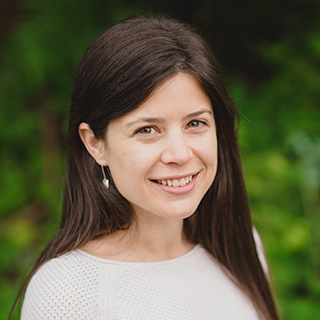
Allison Byrne
Researcher
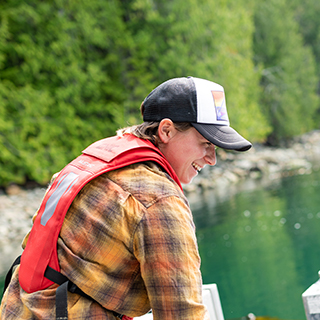
Sally Enns
Research Assistant
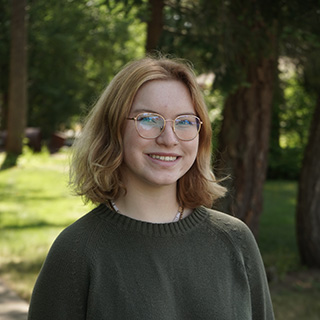
Abby Walker
Student Research Assistant
Partners
News Stories and Coverage
- NIC aquaculture student takes learning into the field
- NIC and Kwiakah First Nation partner on kelp research
- Vancouver Sun: Research project aims to assess locations of B.C. bull kelp beds
- Times Colonist: Research project aims to assess locations of kelp beds
- National Observer: Coastal First Nations ahead of the curve in cultivating seaweed industry
